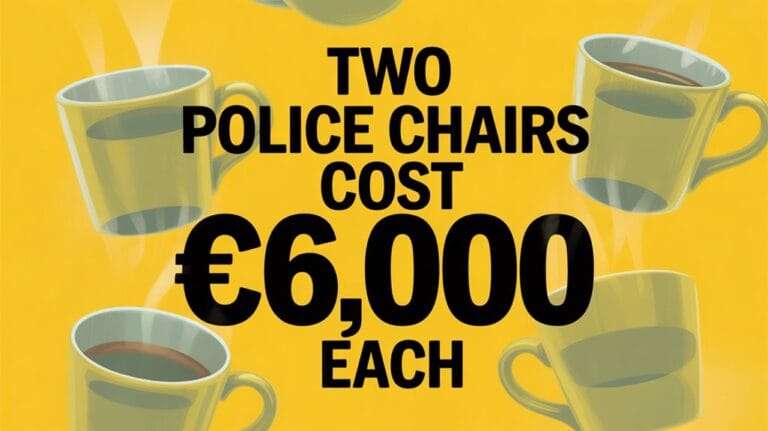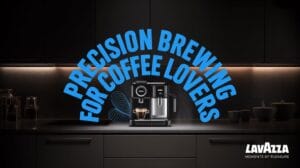German Police Coffee Machine Controversy
A €14,600 coffee machine at a German police innovation hub has sparked outrage over public spending priorities. The high-end appliance, installed at the Duisburg Police Innovation Lab in North Rhine-Westphalia, has drawn sharp criticism as residents question budget priorities during economic strain. Authorities defended the purchase, citing its capacity to serve up to 500 people monthly and meet “gastronomic standards” for staff and visitors. But public opinions remain divided, with critics arguing the expense highlights misplaced fiscal focus.
A €14.6K police lab coffee machine stirs spending debate: officials cite high-volume needs, critics blast excess amid economic strains.
The machine is part of the Innovation Lab, a facility designed to develop future policing strategies. Officials called it a “modern workspace” requiring upgraded amenities, including a €35,000 kitchen renovation. They emphasized the lab hosts large events and visitor groups, necessitating durable, commercial-grade equipment. The coffee maker’s cost, however, pales next to other expenditures: two chairs bought for the lab cost €6,000 each, auditors noted.
Auditors and media outlets slammed the purchases as excessive, framing them as symbols of government extravagance. The La Cimbali S20 model, bought in 2021, can make various coffee styles, including espresso and cappuccino, but its price tag contrasts sharply with standard office machines sold elsewhere in Germany for under €3,000. Reports contrasted the spending with ongoing debates over police resource shortages. A state interior ministry spokesperson argued the expenses were justified, stating the lab’s “high-profile” role demands “representational” infrastructure. Critics countered that such costs strain public trust, particularly amid nationwide austerity talks.
Beyond the coffee machine, the lab’s broader refurbishment budget totaled tens of thousands, including pricey furniture and tech upgrades. Officials stressed the investments aim to create an environment fostering innovation, but auditors questioned whether premium furnishings align with practical policing needs. These discussions mirror past corporate austerity measures, such as Starbucks’ 2008 closures of 600 underperforming stores to improve financial health during economic downturns.
The coffee machine’s anticipated use—serving hundreds monthly during workshops and events—was central to its justification. Authorities claimed cheaper alternatives wouldn’t withstand heavy demand, though skeptics called this reasoning overstated. Media coverage amplified the dispute, with outlets likening the machine to broader controversies over bureaucratic spending.
As debates rage, the coffee machine has become shorthand for clashes over fiscal responsibility. While officials insist such upgrades modernize essential services, critics say they reveal a disconnect between public sector spending and everyday economic realities. The controversy underscores tensions over how governments balance symbolic investments with tangible needs.




